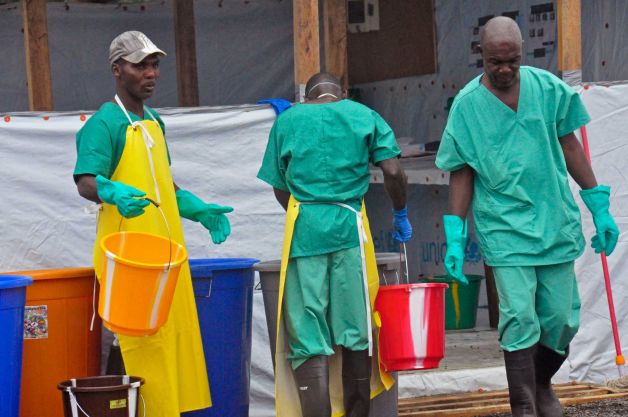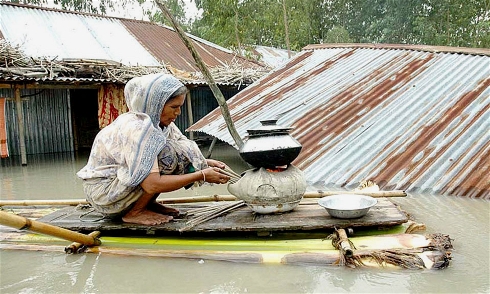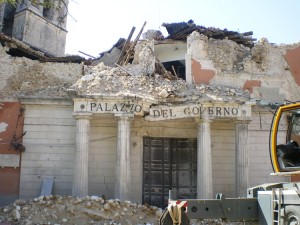Liberia has the highest death toll of the four West African countries affected by the dreaded disease, and its number of cases is rising the fastest. President Ellen Johnson Sirleaf ordered the quarantine and imposed a nighttime curfew that begins Wednesday, saying that authorities have not been able to curtail the spread of Ebola in the face of defiance of their recommendations.
"These measures are meant to save lives," she said in an address Tuesday night.
During the raid this weekend in West Point slum, bloody items were stolen and potential Ebola patients fled, raising fears the disease would spread out of control in a densely populated area. It was not clear why people would steal items that might spread infection, but there are still many misconceptions about how dangerous the disease is and how it is spread.







 Image: Aftereffects of the L'Aquila earthquake
Image: Aftereffects of the L'Aquila earthquake
Recent Comments